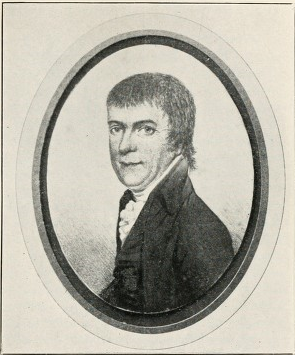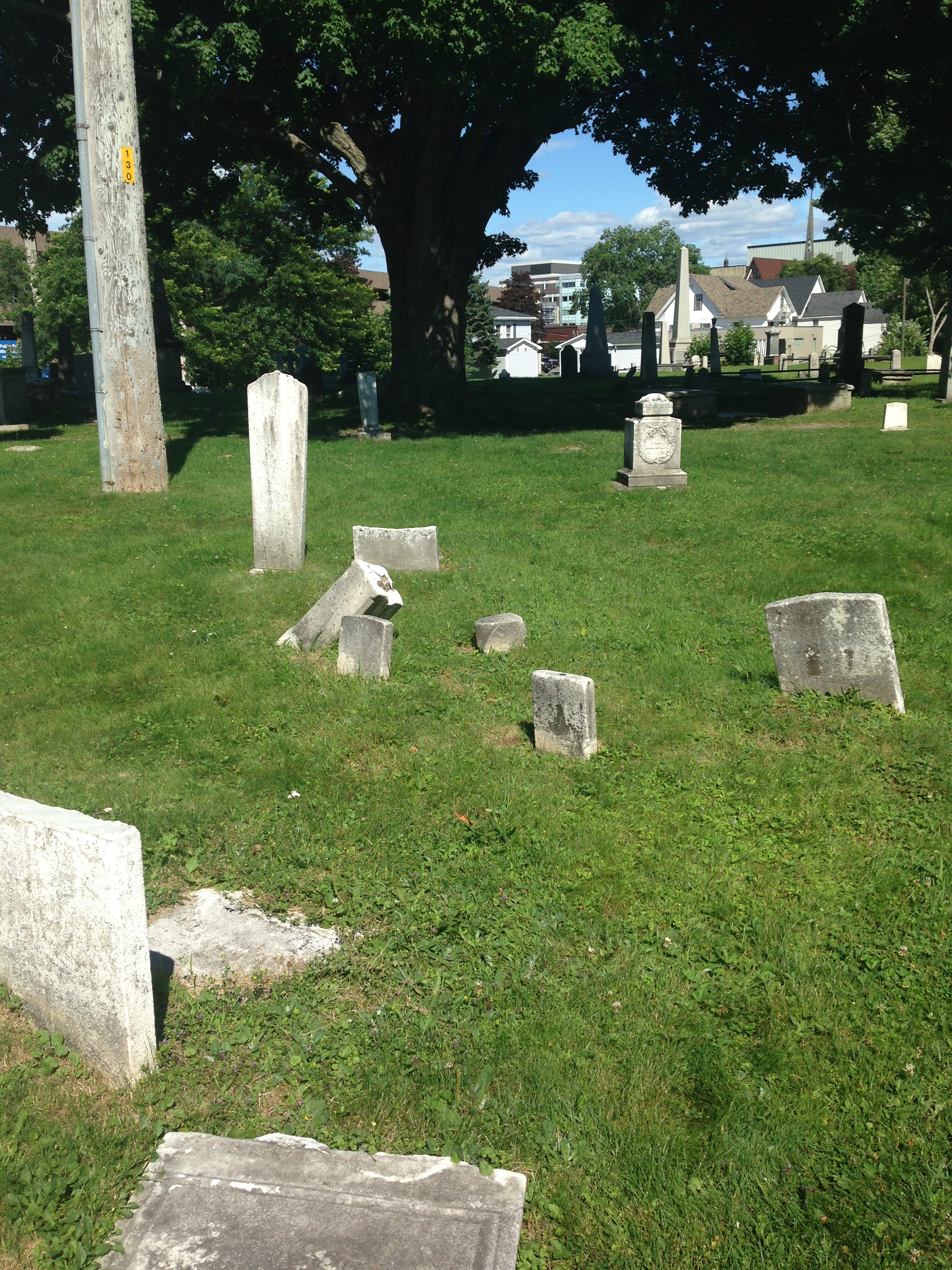- Submitted on
- 2 comments

George Duncan Ludlow was a loyalist who came to New Brunswick from New York, where he became the first Chief Justice of the province and exercised a great deal of influence in the early days of the province, both within the legal system and in New Brunswick society as a whole. The Loyalist Collection at the Harriet Irving Library contains a number of microfilmed primary source documents related to Ludlow, including Minutes from the New Brunswick Supreme Court beginning in 1785 when Ludlow was proclaimed Chief Justice, Minutes of the Proceedings of the Governors and Trustees of the College of New Brunswick, along with correspondence between Ludlow and other prominent figures in early New Brunswick society such as Jonathan Odell. Ludlow was a man who exercised a great deal of power in the early days of the province; these documents allow us to trace both the court proceedings of the time and the larger political issues within the province, and to see how Ludlow exercised his influence.
1. George Duncan Ludlow worked briefly as an apothecary, but soon decided that it did not suit him and decided to study law instead.
2. As a result of an illness sometime in his early years, Ludlow’s tongue was “too large” which resulted in his speech being impaired. Due to this, his friends believed he could never be successful in the courtroom; however, they were all suitably surprised and impressed when they went to watch his first court appearance and found him to be of “great skill and judgment”.
3. Ludlow was married in April 1758 to Frances Duncan, a woman who was not only his cousin, but who also shared the same first and last name as his mother.
4. In 1779, as a result of his Loyalist convictions, Ludlow had his home in Hampstead, New York plundered by patriots. Ludlow claims to have narrowly evaded being captured and held prisoner by escaping up onto the roof of his home and hiding behind a chimney.
5. Ludlow, and his brother Gabriel, accompanied Thomas Carleton to England in 1783, leaving his family behind until such time as he could make suitable arrangements to settle them. In 1784 the three returned to New Brunswick where Ludlow initially settled in Parr Town (modern day Saint John) and then moved to Fredericton with his family.
6. Ludlow was proclaimed Chief Justice of New Brunswick in 1785, but his importance in the province didn’t end there. He was also a senior councilor on the first council of the province and responsible for the administration of the government of New Brunswick.
7. One of Ludlow’s first cases as Chief Justice concerned a woman, Nancy Mosley, who had killed her husband with a fork and was subsequently convicted of manslaughter. Nancy decided to pray benefit of clergy (a provision by which, originally, members of the clergy could claim they were outside of the jurisdiction of the secular court system) and as such, her sentence was to be branded with a letter “M” on her left thumb and nothing more.
8. Ludlow was cognizant of the fact that the province was struggling in many ways, and in 1787 when addressing the matter of legal fees within the province, he ensured that the fees remained within reason and that there would be adequate access to justice, despite uproar from the legal community:
The present 'Fee Table' is calculated for a people further advanced in cultivation, and perhaps abler to pay for law-fiction. Should we set out with the adoption of such a system, the present generation would not find wherewith to purchase justice."
9. A controversial case came in 1800 when a slave named Nancy Morton challenged the rights of her owner, Caleb Jones, to continue to hold her as his property. The bench was divided. Ludlow, a slave owner himself, sided with Judge Upton’s ruling that slaves could continue to be owned in New Brunswick, while Judges Allen and Saunders ruled that the law in New Brunswick should be the same as that in England, which did not recognize slavery. Without a unanimous decision by the court, no judgment was entered and Nancy was made to return to her owner. [A transcript of the case can be found here.]

10. Not long after the death of his brother Gabriel, Ludlow suffered a stroke. On February 12th, 1808, Ludlow died at his estate north of Fredericton which he had dubbed Springhill after the estate of a wealthy patron from his life in New York.
Lilian Taylor works as a research assistant with The Loyalist Collection at the Harriet Irving Library. She holds a BA Hons in Political Science and History and is currently a Juris Doctor candidate.
SUBJECTS: George Duncan Ludlow, loyalist, Loyalist Lowdown, New Brunswick, New York, law, slavery

Comments Add comment
Children
Daniel Gilbert Ludlow
Add new comment Comments